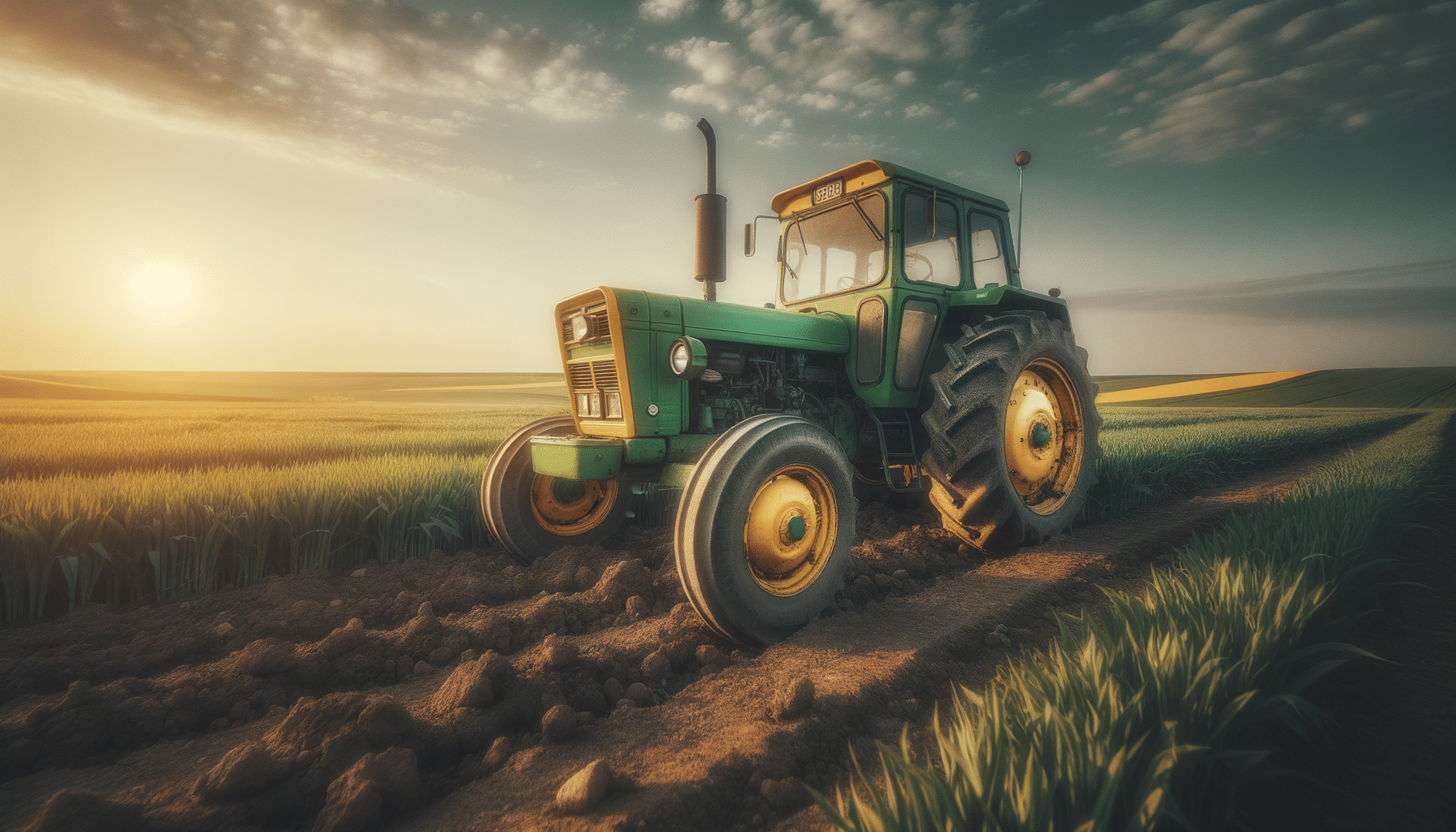
A Guide to John Deere Tractor Costs and Models
Introduction to John Deere Tractors
John Deere tractors have long been synonymous with reliability and innovation in the agricultural industry. As a pioneer in farming equipment, John Deere offers a diverse range of tractors designed to meet the needs of farmers and landowners alike. From small-scale farm owners to large agricultural enterprises, John Deere provides an array of machines that cater to various operational requirements. Understanding the costs and models of John Deere tractors is crucial for anyone looking to invest in high-quality farming equipment.
Understanding John Deere Tractor Costs
The cost of a John Deere tractor can vary significantly based on several factors. These include the model, horsepower, and any additional features or attachments that may be included. Typically, compact models designed for smaller tasks are more budget-friendly, while larger, more powerful tractors for extensive farming operations tend to be more expensive. It’s important for potential buyers to assess their specific needs and budget to find a machine that offers the best value for their situation.
Factors influencing the cost of John Deere tractors include:
- Model type and series
- Engine horsepower
- Attachments and additional features
- Technological advancements
- Dealer location and availability
By considering these factors, buyers can make informed decisions and select a tractor that aligns with their operational needs and financial constraints.
Popular John Deere Tractor Models
John Deere offers a wide range of tractor models, each designed to cater to specific agricultural requirements. Some of the popular models include:
- Compact Utility Tractors: Ideal for small farms and residential use, these tractors offer versatility and ease of operation.
- Row Crop Tractors: Designed for large-scale farming, these models provide high horsepower and advanced features for efficient crop management.
- Specialty Tractors: Tailored for niche applications, such as vineyard or orchard operations, offering specialized features to enhance productivity.
Each model is equipped with distinct features that make it suitable for different tasks, allowing farmers to select a tractor that meets their specific needs and enhances their operational efficiency.
Evaluating Features and Specifications
When choosing a John Deere tractor, it’s essential to evaluate the features and specifications that align with your farming requirements. Key considerations include:
- Engine Power: Determines the tractor’s capability to handle various tasks.
- Transmission Type: Options include manual, automatic, and hydrostatic, each offering different benefits.
- Hydraulic Capacity: Affects the tractor’s ability to operate attachments and implements.
- Comfort and Ergonomics: Features like adjustable seats, intuitive controls, and climate control can enhance operator comfort and productivity.
By understanding these features, buyers can make informed decisions and select a tractor that not only meets their current needs but also accommodates future growth and operational expansion.
Conclusion: Making an Informed Purchase
Investing in a John Deere tractor is a significant decision that requires careful consideration of various factors, including costs, models, and features. By understanding these elements, potential buyers can make informed choices that align with their agricultural needs and budget. Whether you’re a small farm owner or managing a large-scale operation, John Deere offers a range of tractors that can enhance efficiency and productivity. With the right information, you can select a tractor that provides long-term value and supports your farming endeavors.


